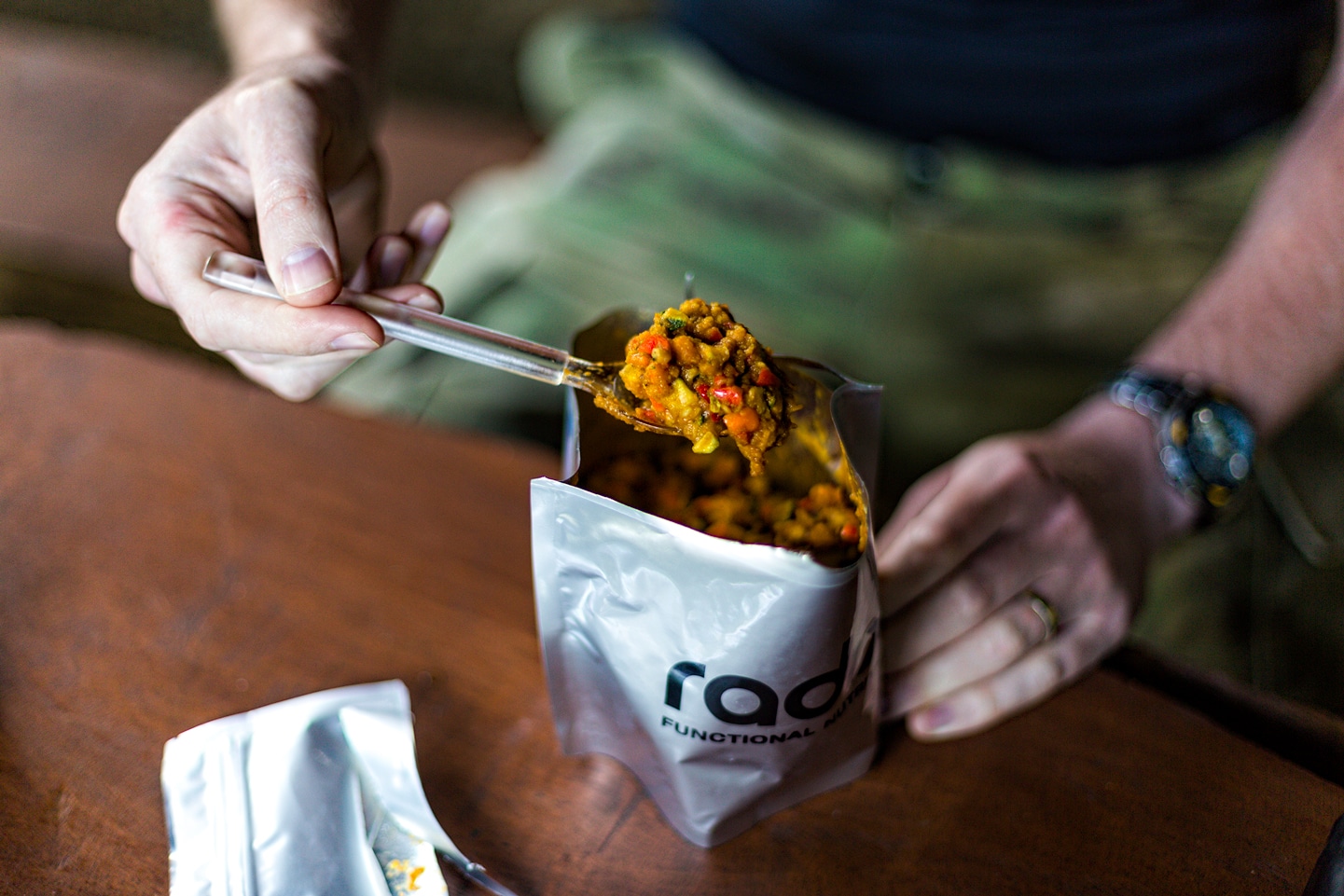Unlocking the Benefits of Radix’s Plant-Based Meals
Understanding why Radix pivoted to creating a solely plant-based meal design requires looking at the benefits of this decision. Conventional hunters and fishermen may initially hesitate about this transition due to the perceived lack of protein and other essential nutrients typically derived from meat. However, recent studies and advancements in nutritional science challenge this commonly-held belief. Here’s why.
Keen to try out some RADIX?
Visit Radix to order some Nutritional Goodness and get 10% off with our exclusive code – KERRY10 – just enter it at checkout.
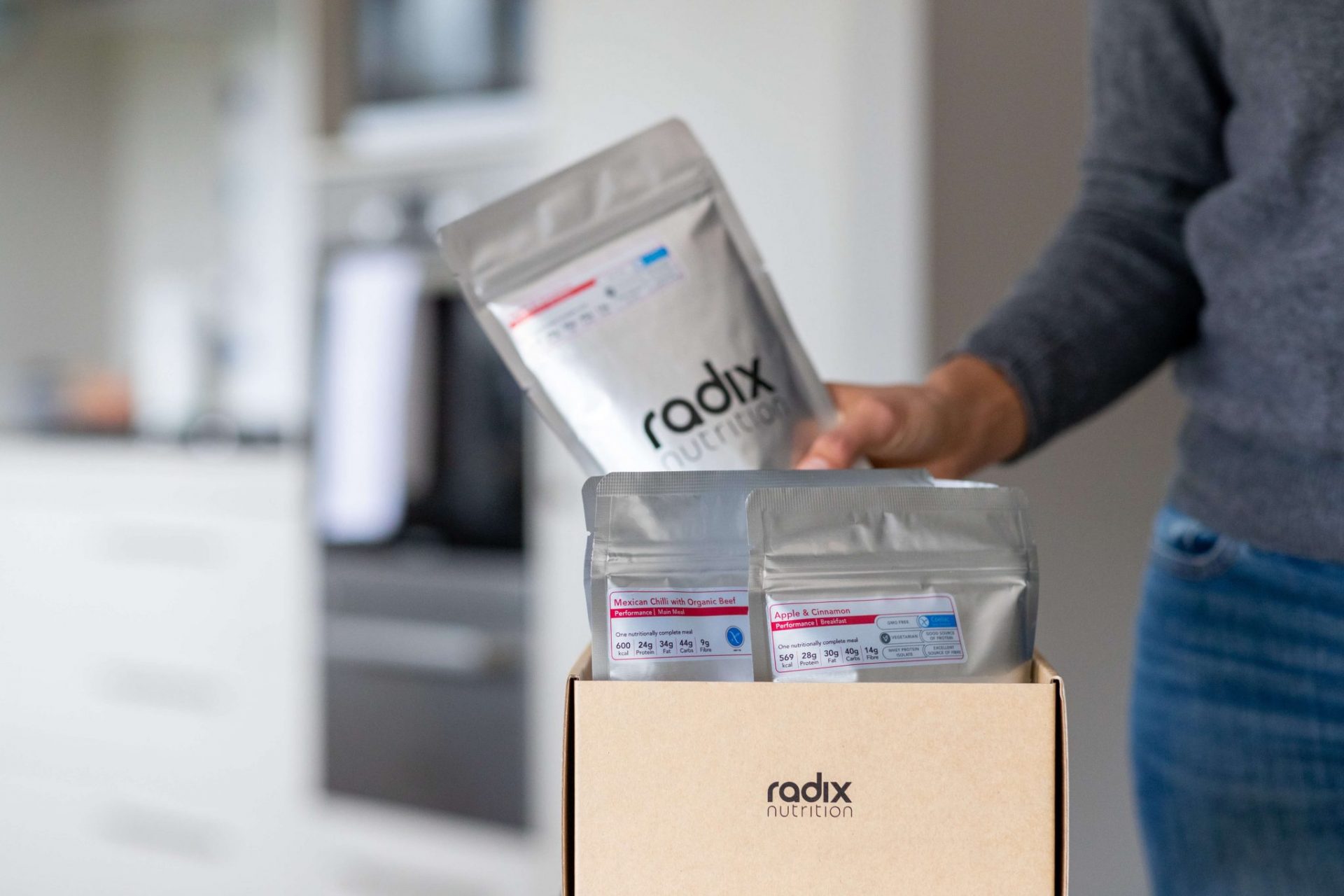
Understanding Radix’s Goals
It’s essential to understand what Radix is about. They are a nutritional company, not a backpacking meal company. Their focus is providing on-the-go nutrition to athletes and optimal performers. In some ways, the ‘what’ comes second to the ‘how’. What they are delivering is prioritised over how it’s delivered. In an interview with Mike a while ago, he explained that they are not a ‘Freeze Dried Food Company’ at all. This delivery method simply allows the most efficient delivery of their goal of providing the best nutrition possible to their customers on the go.
Despite their non-traditional plant-based approach to adventurous cuisine, the team at Radix isn’t making a blanket statement that meat is unhealthy or undesirable. It’s all a part of Radix’s bigger picture, focusing on contributing to an individual’s overall well-being and high-performance lifestyle, regardless of their dietary preferences.
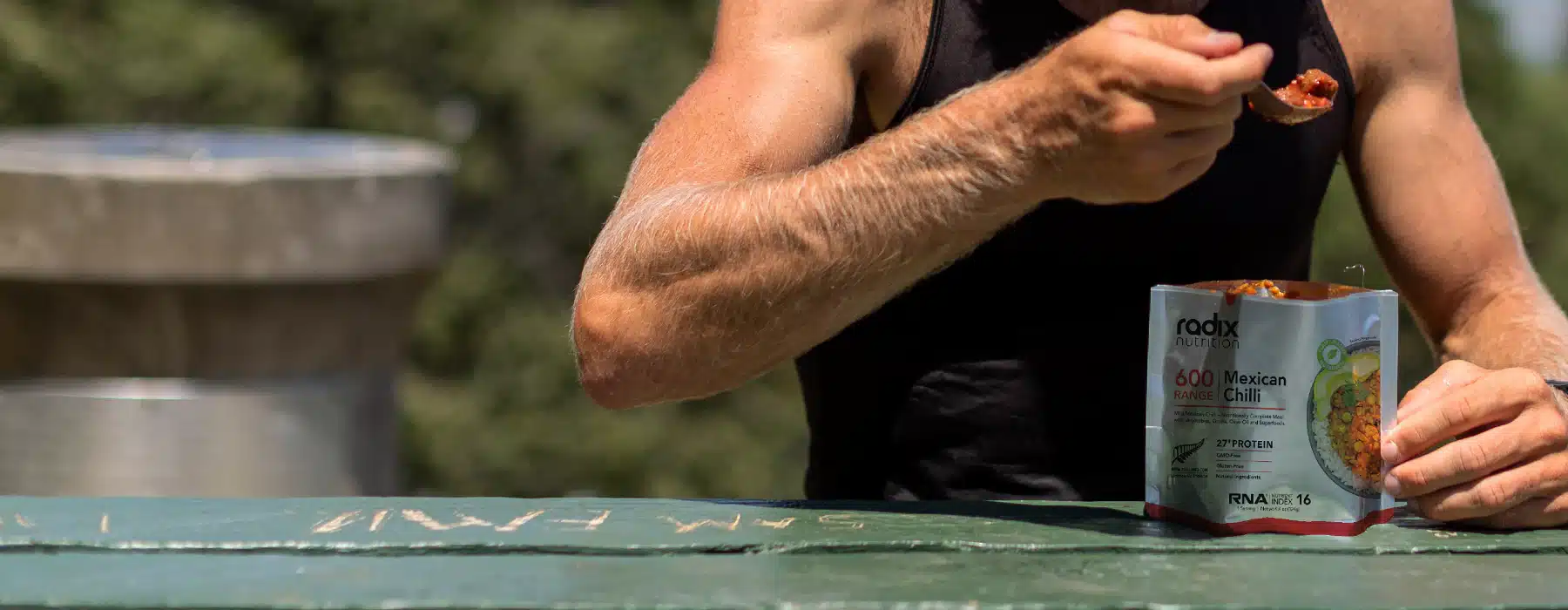
Introducing the DIASS System: Revolutionizing Plant-Based Meal Design
One of the prime reasons for Radix’s transition to a more plant-centric meal design is the cutting-edge Digestible Indispensable Amino Acid Score or DIASS system they’ve incorporated.
The Digestible Indispensable Amino Acid Score (DIAAS) is an assessment tool for gauging protein quality. This gold standard method accurately determines how well the body absorbs and utilises the essential amino acids from ingested protein sources. Essentially, it equates the absorbed quantity of each essential amino acid with its reference value within the human body.
The cumulative DIAAS score is the lowest score among the nine essential amino acids, establishing its credibility in identifying a complete protein that supplies all nine essential amino acids in adequate amounts. Thus, with its dual consideration of the profile of amino acids in a protein and its digestibility, the DIAAS remains the preferred choice for protein quality evaluation.
Radix’s new plant-based meals are more nutritious and satisfying than their previous offerings. With a combination of high-quality plant proteins, whole grains, and a kaleidoscope of colourful fruits and vegetables, each meal is a powerhouse of nutrition you can take anywhere.
Now, you may be a stalwart believer that a meal isn’t complete without a piece of juicy meat. Tradition, taste, or the ingrained image of the hunter bringing home the ‘bacon’ may be powerful holdouts. But remember, just the simple inclusion of jerky or your hunted meat can cover your need to have meat in every meal — a nifty compromise that balances the desire for meat and the need for well-rounded nutrition.

Best Practice Science: A Guide to Making Informed Nutritional Decisions
When it comes to nutrition, it’s easy to find conflicting advice. Some experts swear by high-protein diets rich in lean meats, while others advocate for plant-based eating. In a world of information overload, how do you separate the wheat from the chaff and make the best decisions for your health? This is where best practice science comes in.
Best practice science is the application of evidence-based research principles to everyday decisions, in this case, the food on your plate. It means looking at what controlled, peer-reviewed studies have found about nutrition and applying that knowledge to your dietary choices. By understanding and applying the principles of best practice science, you can make more informed decisions about what to consume, taking your health needs into account along the way.
Applying Best Practice Science to Your Meals
The key to applying best practice science to your meals involves understanding that nutrition isn’t a one-size-fits-all proposition. The proper diet depends on your lifestyle, activity levels, overall health, and individual body needs.
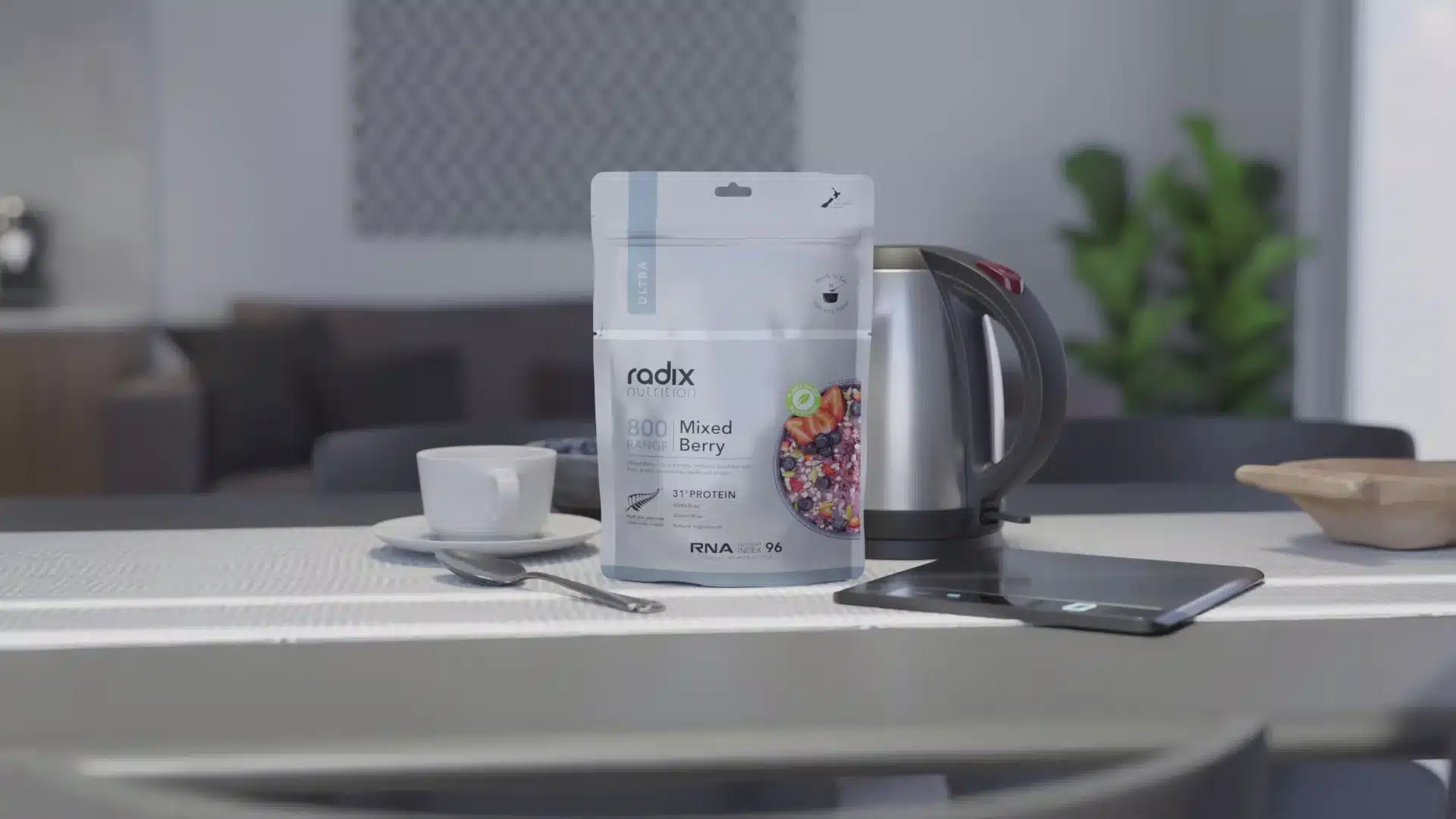
The Psychological Problem with Preconceived Notions of Nutrition
It’s vital to recognise how preconceived notions, social constructs, and societal pressures can influence our decisions regarding our nutritional choices. The age-old idea of associating meat with strength and vitality or plant-based meals with weakness is more down to cultural conditioning than fact. From a psychological perspective, it’s essential to challenge these beliefs and understand the power of plant-based nutrition.
The Power of Suggestion
The mind is a potent tool. It can incite you to believe things that aren’t based on science or rationality but on societal conditioning and stereotypes. For instance, the misconception that sportspeople or those requiring high protein intake can only rely on a meat-based diet is a perfect example of these misguided thought patterns.
Addressing Stereotypes
Another erroneous conception that often comes into play is the ridiculous equation of meat-eating and masculinity. This stereotype, which likens plant-based diets to a lack of masculinity, is both baseless and harmful. Not only does it propagate a skewed image of masculinity, but it also discourages a significant portion of the population from considering healthier dietary options out of fear of societal judgment.
Embracing Change
Our nutritional decisions should be grounded in sound science and genuine personal needs rather than societal pressures or misguided stereotypes. Radix’s emphasis on plant-based meal design is not about demeaning meat or those who enjoy it. Instead, it is about promoting variety, balance, and evidence-based decisions regarding our diets. This change is worth embracing for sustainability, ethical reasons, and health and well-being.
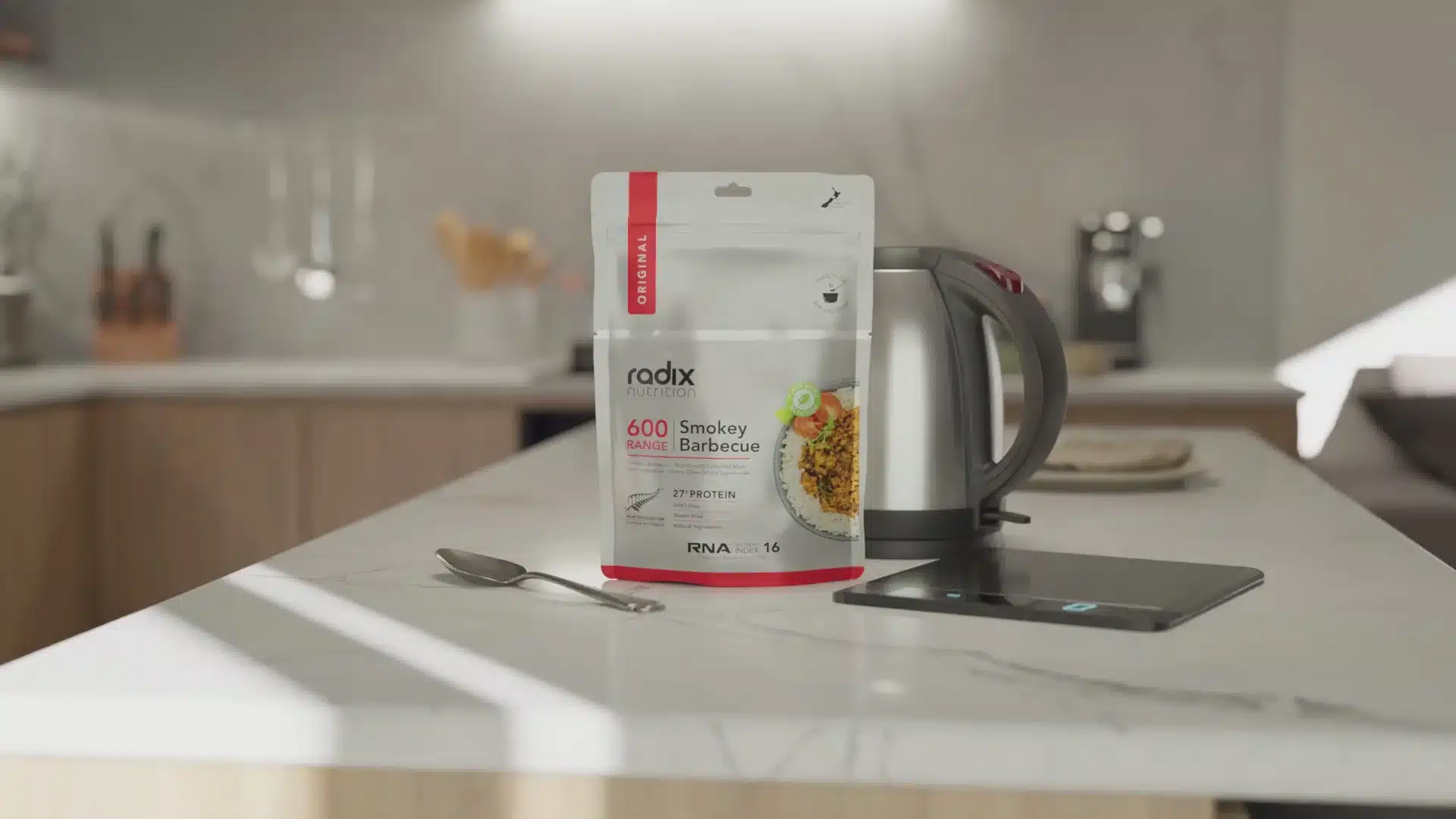
Challenging the ‘Meat is Masculine’ Myth
Aside from moving away from certain ingredients for health or ethical reasons, another challenge many hunters and fishermen face may stem from our subconscious association over the years between meat-eating with masculinity and strength. This age-old notion has been ingrained in our social fabric, urging men to stick to diets rich in animal proteins to maintain their ‘macho’ image. But, it’s increasingly becoming clear that this is no more than a myth.
Unpacking the ‘Meat Makes the Man’ Misconception
The belief that a ‘real man’ must consume meat is a societal stereotype, one that doesn’t have any grounding in reality or scientific fact. Protein, the primary nutrient we associate with meat, is also abundant in plant-based foods, such as lentils, beans, nuts, and seeds. Not to mention, embracing a diverse diet of plant-based foods can lead to a dynamic range of nutrients.
Strength Doesn’t Just Come from Meat
Countless professional athletes, from tennis players to MMA fighters, have switched to plant-based diets, proving that strength and vitality do not exclusively come from meat. Protein, vital for strength and muscle development, can be abundantly found in non-meat sources.
A Healthy Diet Doesn’t Discriminate
What we eat isn’t a measure of our masculinity or femininity—it’s a personal choice, often steered by our health goals, ethical views, or lifestyle needs. The nutrients we require to maintain our best health don’t discriminate based on gender, and neither should our perception of what constitutes ‘manly’ or ‘womanly’ food.
Remember, incorporating plant-based foods into your diet doesn’t mean you have to abandon your love for game or fish. You can still enjoy a slab of venison jerky or a freshly caught trout. The takeaway is to diversify your diet and expand your meal options, not limit them.
I still eat meat, and Mike isn’t suggesting you stop eating it.
Over the years, I have tried and switched between many different diets. I have eaten for significant periods, all the way between Vegan and Carnivore. These days, it’s about balance. I still enjoy a good steak – having at least one meal hefty on the meat once or twice a week – but I don’t worry about being served a vegetarian meal.
Worth noting, though – I was the fittest and healthiest I have ever been on a Vegan diet. I was also in my mid-twenties, single, getting up at 4:30 every day for a couple of hours of Martial Arts training and meditation, and hitting the gym most days after work. I had one of the clearest trains of thought, and while constantly physically tired, I was possibly the fittest I have ever been.
Also, let’s keep this whole thing in its proper context – we are only talking about Radix’s freeze-dried meals. You are free to eat normally at home. Radix is not suggesting that all meat is terrible; simply that science indicates alternatives for a lightweight, calorie-dense meal option.
I am sure you will disagree.
I can already hear the objections, but, but, but…
It’s about the texture, it’s about the flavour, I need meat to live.
All good. Fair enough.
But, for a moment, stop and ask yourself – is this a reflective reaction to a bias or based on reality and science?
We often find ourselves caught in the trap of perceived norms and ideologies shaped by society or our close circles rather than scientific facts and research. If we pause for a moment and strip away these biases, we can look at any topic with a fresh perspective, unbiased by preconceptions.

Finally, let’s remember.
Before Radix arrived, our selection of dehydrated/freeze-dried meals could have been much better. Does anyone remember Backcountry Belly?
Radix brought the idea of nutrition back to these meals, reduced the amount of water needed to rehydrate them, and continued to innovate through iteration after iteration.
By raising the standard, the other companies have also had to lift their game, so we now have quite a selection.
If your marketing campaign needs explicitly to highlight a perceived ‘failing’ in the opposition, well… someone is doing something right! So, keep innovating, Radix. Let’s see what you come up with next!

